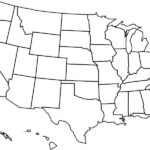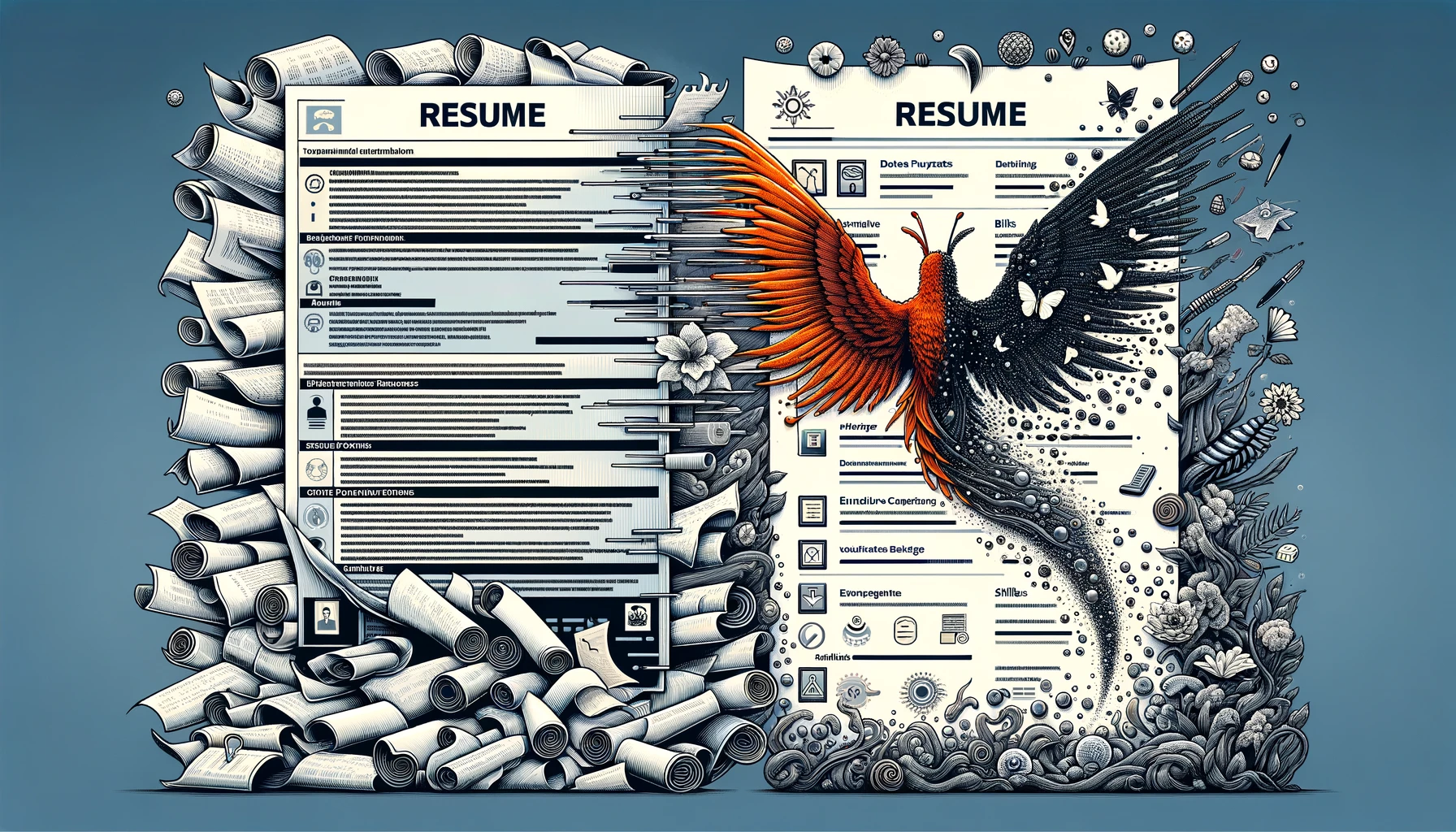Whether fresh out of college or re-entering the job market after a long break, having little or no work experience can make writing a resume seem daunting. Without those neatly bulleted lists of previous jobs and accomplishments, how do you convince potential employers that you have what it takes?
The key is thinking creatively and presenting your skills, achievements, and strengths in the best possible light. Follow these tips to craft an effective resume, even if you’re starting from scratch:
Choose the Right Format
With a limited work history, a simple one-page resume is likely your best bet. Stick to a clean, professional layout using a standard resume format. Options include:
– Reverse Chronological: List your education at the top, followed by jobs, projects, volunteer work, skills, etc. This works well for recent graduates.
– Functional: Highlight prominent skills and achievements first. Education and experience come below—ideal for career changers.
– Combination: Combine elements of chronological and functional formats. Education and skills are at the top, and experience is below—a balanced approach.
Whichever you choose, structure your resume so the most relevant info stands out quickly.
Spend Time on the Resume Header
The header at the top of your resume will provide the first impression, so ensure it includes critical details:
– Your full name and contact information are displayed.
– A professional email address rather than a quirky nickname.
– City and state if applying locally; otherwise, list full address.
– A customized LinkedIn URL looks more professional than the default.
– Optional extras: headshot, branding statement, website, QR code.
Craft a Compelling Profile
With no career history to fall back on, an introductory profile or summary is vital for real estate. Use 2-4 concise, compelling sentences to highlight your value proposition for the role. Quantify achievements, emphasize transferable skills gained through studies or hobbies, mention technical expertise – anything to capture the employer’s interest.
Pepper Your Education Section with Achievements
For new grads, the education section offers lots of resume fodder. Along with degrees obtained, grades, and study concentrations, sprinkle in:
– Relevant coursework: Advanced math, programming languages, laboratory skills you excelled in.
– Academic achievements: Scholarships, honors, dean’s list, study abroad.
– Leadership activities: Club president, sports captain, campus newspaper editor.
– Major projects: Papers, presentations, case study competitions you participated in.
This helps differentiate you and adds substance beyond just a list of degrees.
Leverage Other Categories
Education is not the only resume component you can maximize. Find ways to fill out other sections with value-adding details:
Skills: Include proficiencies relevant to the target role. Avoid fluff skills that apply to anyone. Back up claims (“Fluent in Spanish”) with proof (“Certified B2 Spanish speaker”).
Certifications: Programs and licenses in your industry indicate up-to-date knowledge. Even Microsoft Office Specialist certs can help.
Languages: Fluency levels and certificates help quantify language skills.
Volunteer Work/Causes: Unpaid work and community involvement still count as experience. Tailor to the job.
Awards/Achievements: Academic and non-academic awards demonstrate well-roundedness.
Publications: Class papers, theses, and other academic publications show research skills.
Online Presence – Links to professional websites, portfolios, and LinkedIn.
Pick the Right References
Include 2-3 references on a resume, ideally managers or others who have directly witnessed your abilities. College professors, coaches, faculty advisors, and volunteer coordinators are solid options for those with little work experience.
Always ask someone first before listing them as a reference, and let them know when you submit applications so they are expecting to be contacted.
Show, Don’t Just Tell
Anyone can claim they have specific skills or qualities on a resume. Separate yourself by backing up claims with hard evidence:
– Don’t just put “Leadership Skills” – describe your role as the chess club president.
– Rather than “Attention to Detail,” mention how you rigorously documented lab experiments.
– Instead of “Teamwork,” discuss collaborating on case study projects.
– For “Technical Skills,” be specific: Excel, R, Qualtrics, Adobe Photoshop.
Proofread Meticulously
Typos or grammatical errors on a resume can quickly torpedo your chances. Ask several people to review your resume to catch mistakes you may have missed. Tweak text repeatedly until it’s polished and professional.
Resist the urge to get too cute or creative with formatting. Keep your document simple, consistent, and easy to scan. Let your accomplishments speak for themselves.
Now that you have a solid framework for presenting your experience, achievements, and skills, even with sparse work history, here are some additional new grad resume tips:
– Don’t list high school details once you’re in college or beyond. Focus on higher education.
– Include GPA if above 3.0. Anything under can be left off.
– “References Available Upon Request” is outdated. Use the space for more relevant details.
– Keep it to one page if you have extensive relevant non-work experience, two pages max.
– Make your name and section headers prominently larger. Make scanning easy.
– Use action verbs to describe achievements: “Created,” “Led,” “Launched,” and “Managed.”
– Tailor your resume to each job description, adjusting emphasis on specific skills and experience.
– Consider listing non-traditional work like freelancing, temp gigs, and internships in an “Additional Experience” section.
Blank spaces on the page are fine. Don’t inflate or embellish to fill gaps – quality over quantity.
Resume writing is challenging when you feel you need something significant to highlight. But framing your existing experience strategically and accentuating achievements over job titles can help craft a powerful resume, even starting from scratch. Show off your spark – you got this!





